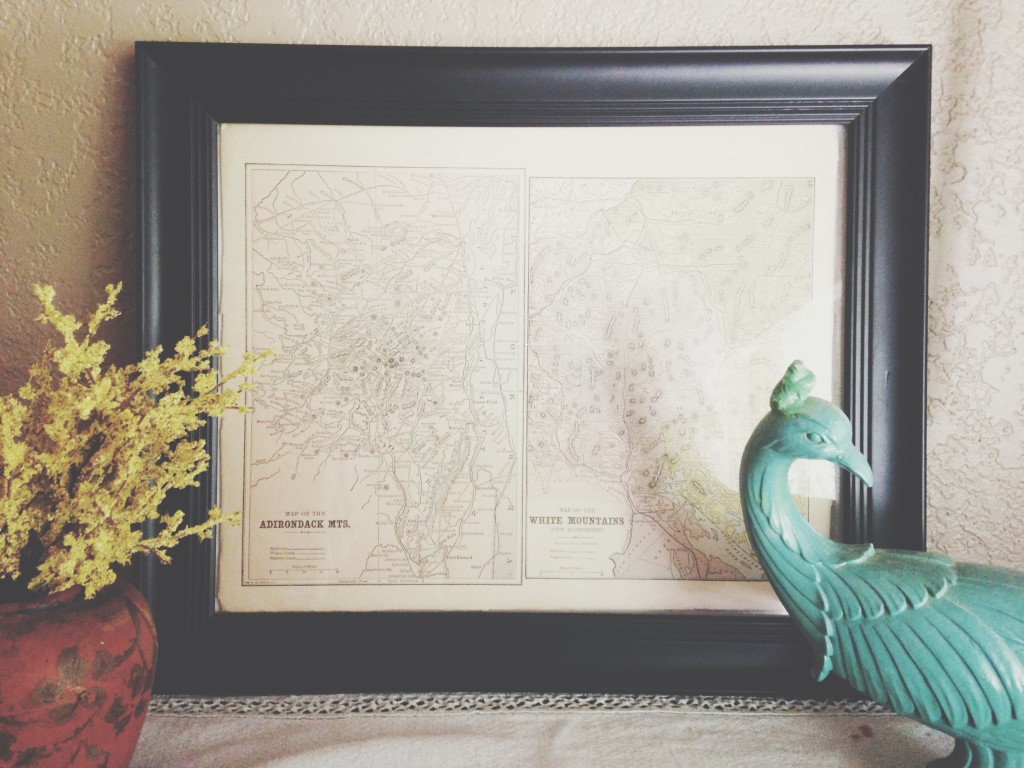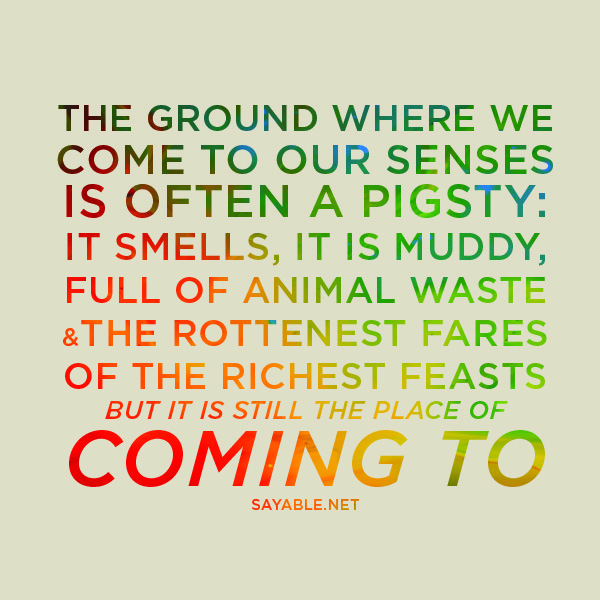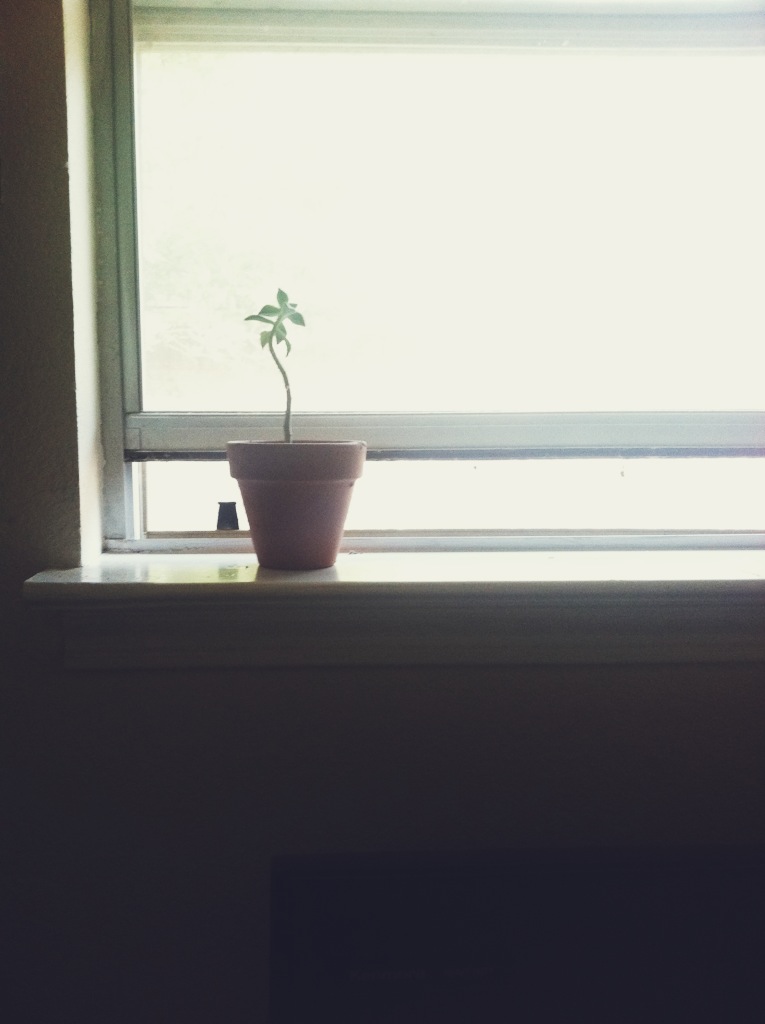Moving
 When I first moved to Texas, it was hot. It was 100 degrees the mid-September day I crossed into the metroplex of Dallas-Fort Worth. I was on a mission. The church I knew I'd be calling home was holding a quarterly event we call Group Connect and I knew if I wanted to make this place home, I'd need a group.
I drove ten hours that day and got there late, didn't find a group, but talked to a person who put me in touch with Jen Wilkin who taught Women's Bible Study. I only wanted to know one thing: is this the kind of women's bible study where weepy women cry and complain and take prayer requests that sound like gossip? I was assured it wasn't and so I went.
When I first moved to Texas, it was hot. It was 100 degrees the mid-September day I crossed into the metroplex of Dallas-Fort Worth. I was on a mission. The church I knew I'd be calling home was holding a quarterly event we call Group Connect and I knew if I wanted to make this place home, I'd need a group.
I drove ten hours that day and got there late, didn't find a group, but talked to a person who put me in touch with Jen Wilkin who taught Women's Bible Study. I only wanted to know one thing: is this the kind of women's bible study where weepy women cry and complain and take prayer requests that sound like gossip? I was assured it wasn't and so I went.
And God, that hidden man, the monster of my heart, the one I feared, at times hated, and rarely trusted, split the veil in two. This temple, for the first time maybe ever, knew what it was like to approach the throne with confidence, to be full of the Holy Spirit, to cease sacrificing the lamb of self and to trust Him. I was home.
It was a new kind of home for me, the vagabond pilgrim. I've always been the girl who moved a lot. Comfortable with risk and averse to complacency, I'll nomad my way through life if it means more treasure in heaven and less on earth. But this kind of home, in Christ, in the gospel, it was new and different. It fit. I never liked Texas, but I was home. Inside the doors of my church I found a people who became my family.
This past week my pastor had a few of us stand during Elder Led Prayer (a once a month prayer meeting at my church, mostly attended by covenant members and staff) and receive prayer. I didn't see all those who had hands on me, but I felt them. I felt the hands of my family and the prayers of the saints. I left that night and felt so full and so at home.
But, dear reader, all has not been right in this temple-home of mine. Some of you know all the details, some of you have suspected, some of you guessed, but this year has been hard. Hard in hard ways. Ways that make me wonder daily what I'm doing wrong, or what God is doing right.
I have known since I moved here that Texas wasn't the long-term plan. I moved here with the intention of staying six months. Six months has turned into four years and they have been four good years. But it has become increasingly clear to me that my heart is back in the northeast, that my soul yearns for four seasons, for the darkness of winter, the light of spring, the death of fall, and the life of summer. Even more than that, my heart yearns for the people of the north. I love those people. I love their wild eclecticness, their independence, their fierce can-do-itiveness. I love their ideas and philosophies. I love how hard they are, and how soft, how welcoming and how hard to win they are. I can't get the northeast out of my blood, out of my soul. I get them because I am part of them.
When I moved here four years ago it was a fluke. Texas was nowhere on my list or mind. A certain mid-sized city in New York was my aim and then one day I knew it wasn't, couldn't be. I have never regretted that decision. He brought beauty out of the ashes. He taught the pilgrim how to pilgrimage.
Blessed are those whose strength is in you, whose hearts are set on pilgrimage. As they pass through the Valley of Baka (Valley of Weeping), they make it a place of springs; the autumn rains also cover it with pools. They go from strength to strength, till each appears before God in Zion.
That was the verse God gave me to meditate on before I moved to Texas and I have seen how he has taken my weeping and turned it to joy, a dry land and made it bear fruit. He has given me strength after strength, given me men and women who have pushed on those strengths and called me to deeper and stronger places. Everything he has done with the gifts he has given me, has surprised me. He has shown me his character in a fullness I never knew possible, he has put a new song in my heart, a song of praise to our God. That is a blessing I know I will never understand fully. All I can do is be grateful.
And I am.
And yet I am leaving, heading back up to the northeast, to the people who I love with my whole heart, to lilacs, rivers, lakes, and mountains, small churches with great needs, to gospel-dry places with gospel-rich people.
Will I be home there? I don't know. But I know for sure He is at home in me.










